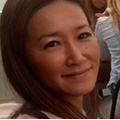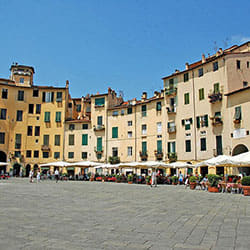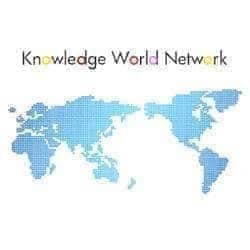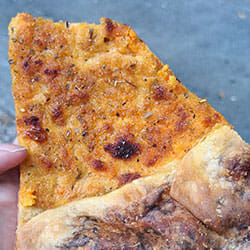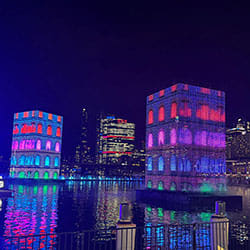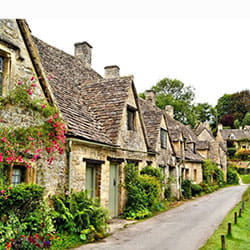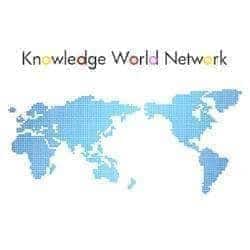In a previous blog I wrote about supermarkets not giving out plastic bags for free anymore. Now, a year later, I no longer forget to bring my shopping bags when I go shopping, and I carry a folded up environmentally friendly shopping bag in my bag when I’m out and about, ready for the occasional time when I have to buy something even though I hadn’t intended to. I bring my own special reusable cup to cafés, and recently more and more stores are selling reusable straws made of stainless steel or wood rather than the disposable plastic ones. Most Australian supermarkets have always sold fruits and vegetables by weight. They are all out on display unpackaged, so you can buy only what you need, unlike Japan where they are sold prepackaged in plastic wrap or in plastic bags. That being the case, in this blog I’d like to write about The Source Bulk Foods Gold Coast, a store I had a look at because I thought I might be able to buy liquid and powdered groceries there without using plastic containers if I brought my own containers. “Bulk” means “large quantity”, so, for example, the goods that stores like Costco, etc., sell in large quantities are bulk sale goods (bulk products). Because they have a self-service system where you put as much or little as you like in your trolley and they don’t have any wrapping or packaging, the prices are low. Things like grains, cereals, and beans are mostly sold by weight, and honey, maple syrup and oil, as well as other liquids such as body shampoos and dishwashing detergent are also sold by weight. Some items are sold in containers, but they don’t sell anything in plastic containers, just in bottles or paper bags. You scoop up solid items with a special scoop and you can buy as much as you like. Scales are available for use, so you can also check for yourself how much an item is going to cost before buying it. Paper bags are on hand for you to buy solid items, powders, and flours even if you don't bring a container, but for liquids, you need to bring a container otherwise you will have to buy an empty bottle. Still, if you bring that bottle when its empty the next time, you can refill it.

Inside the store. There is zero plastic, except the containers storing the food.

It's not beer that comes out of these taps, but "kombucha." This isn’t the Japanese kelp tea but a fermented tea, a drink with lots of lactic acid bacteria that various stores started selling a few years ago. It’s the “tea fungus” that also experienced a boom (?) in Japan years ago. I think some people might like the slightly sour taste, but others not.


Available at the "Waste Free Living Corner" are items such as stainless-steel reusable straws, wooden spoons and forks, bamboo toothbrushes, coconut bowls, and wooden coffee mugs.
Looking at this store’s website, there appears to be stores not only in Australia but also in New Zealand and the UK. And articles like this: "In Australia, 4,000 plastic bags are used every minute.” It's still a tremendous number, isn’t it? I think if each one of us puts our mind to it, there are many ways we can reduce waste. If even dust piles up, it turns into a mountain, so conversely, if everyone keeps on reducing waste, the garbage that would have become a mountain will decrease. That’s why I too will keep waste in mind and do what I can, and I hope that all over the world everyone tries to aim for "zero waste”.













